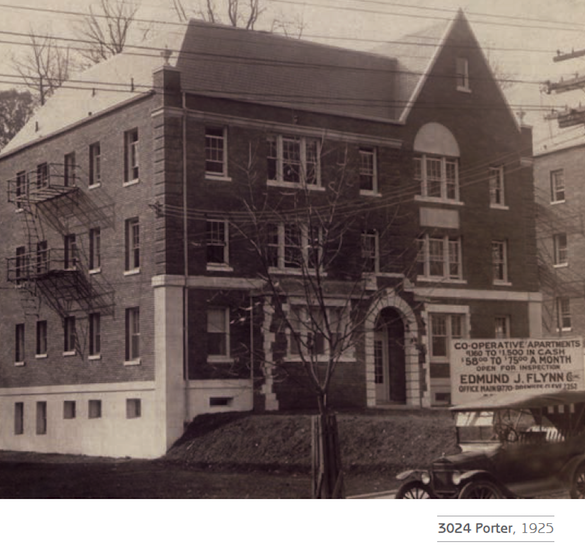Photo Credit: DC Cooperative Housing Coalition
With mortgage rates at the lowest they’ve been since 2016, buyers are finding their budgets stretching a bit further and maybe opening up more properties to consider for their new home. However, at the same time, inventory in bustling markets like the Washington, DC area is still low — especially at lower price points that appeal to first-time homebuyers (hovering around two-months in DC proper on average, but closer to one month in the $300-500,000 range).
If you’re searching regularly for new homes, you may come across that “condo” that appears too good to be true, asking yourself at first, “Is it really only $X?” and then looking at the monthly fee and wondering, “What amenities could cause the fee to be that high?” While there certainly are higher-end condo developments loaded with features and commensurate fees, you may have upon second look stumbled across a cooperative or coop.
Coops are investments like buying a detached home, townhouse or condo, with the primary difference being that you don’t own real property but instead own shares in a corporation that owns the property and, as such, are entitled to exclusive use of your unit in that property. You can take out a mortgage to fund your purchase price, which will be lower than comparable units in condo communities, and in turn you will pay monthly fees to cover coop amenities (from a concierge to a pool and some or all utilities) as well as your portion of the underlying corporate mortgage payment (if one exists). Some cooperatives have paid off their mortgages, meaning reduced fees for shareholders; however, the coop may at any time decide to take out a mortgage to fund repairs or enhancements (if approved by unit owners).
Capitol Hill Tower (1000 New Jersey Avenue SE), DC's Newest Coop
Photo Credit: DC Cooperative Housing Coalition
Other questions you will want to ask yourself when determining if a coop is right for you include:
Does your lender provide coop financing? Are they already familiar with and/or approved by the coop communities you are interested in?
Are there financing requirements the coop requires, such as a a minimum percentage down? Do you meet those?
How important is autonomy to you? Are you okay with potentially more restrictive policies (e.g., on renting your unit out, etc.)?
How well managed is the cooperative and are the financials in good order (just as with a condo or HOA, you will have an opportunity to review documents)?
What does the resale market look like?
While cities like New York City may be more well known for coops, there are more than 15,000 cooperative units in the DC area and, depending on your needs, it may be worth taking a first (or second) look at them if you are in the market to buy. And, if you’d like to learn more, the DC Cooperative Housing Coalition has great online resources…or, as anytime, reach out to me!
Amber Harris is the owner of At Home DC and a licensed real estate agent with Keller Williams Capital Properties working with clients in DC, Maryland and Virginia.



